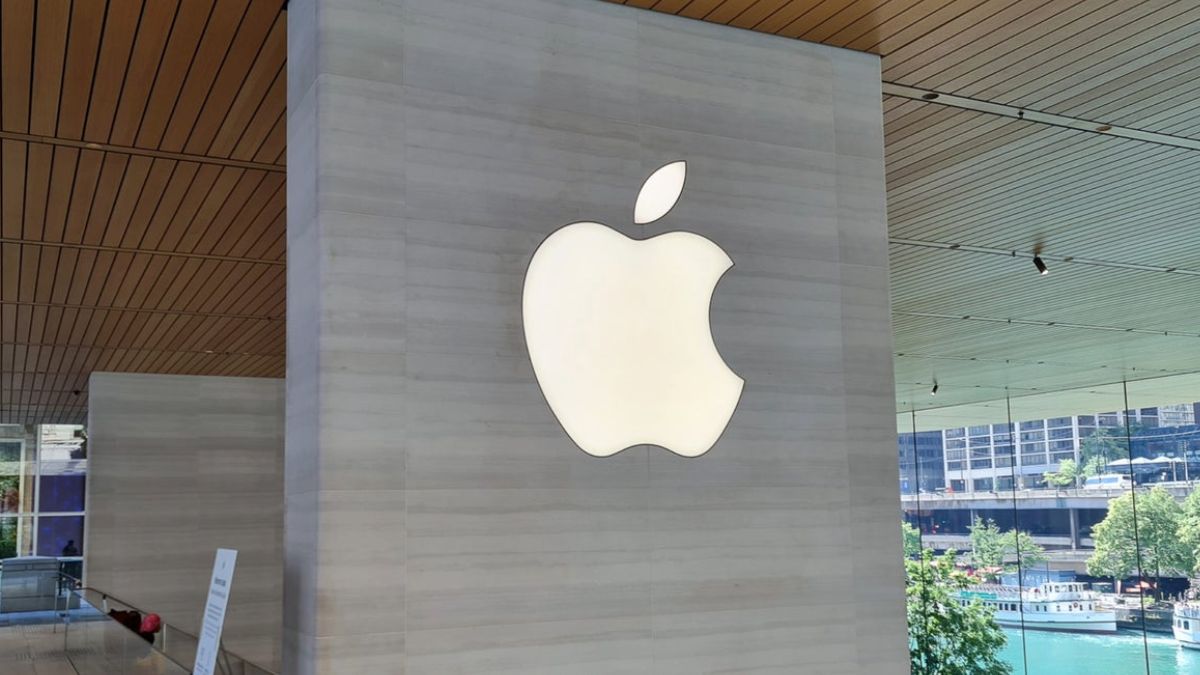The European Commission (EC) has launched proceedings to ensure Apple adheres to the interoperability requirements set forth by the Digital Markets Act (DMA). The move, announced on Thursday, could significantly impact how Android smartwatches function with iPhones.
The EC’s actions focus on two main areas. The first targets iOS connectivity features crucial for connected devices, including smartwatches, headphones, and VR headsets. Specifically, the Commission is scrutinizing how Apple handles functionalities such as notifications, device pairing, and general connectivity between iPhones and these devices.
The second area of focus pertains to how Apple manages interoperability requests from developers and third-party applications, aiming to improve interaction with Apple’s ecosystem. This step is part of the broader effort to ensure that Apple’s systems are accessible and functional for devices outside of its own product range.
The proceedings are expected to conclude in six months, at which point the EC will outline the measures Apple must implement to meet the DMA’s interoperability requirements. This could lead to enhanced compatibility for Android smartwatches like the Google Pixel Watch 3, potentially allowing them to integrate more seamlessly with iPhone functionalities such as notifications and connectivity.
However, Apple has expressed concerns about these developments. The company is concerned that enhanced interoperability might jeopardize user privacy and security. Apple has highlighted risks such as data theft and potential device damage if adequate protections are not in place for third-party interactions. The company also pointed to the global CrowdStrike outage as an example of how unchecked interoperability might lead to vulnerabilities.
The pressure from the EU has already led to significant changes in Apple’s iOS business model, including greater app distribution flexibility and sideloading options. While these changes have benefited consumers, they have also led to concerns about the erosion of Apple’s user experience and hesitancy to introduce new features in the EU market.


